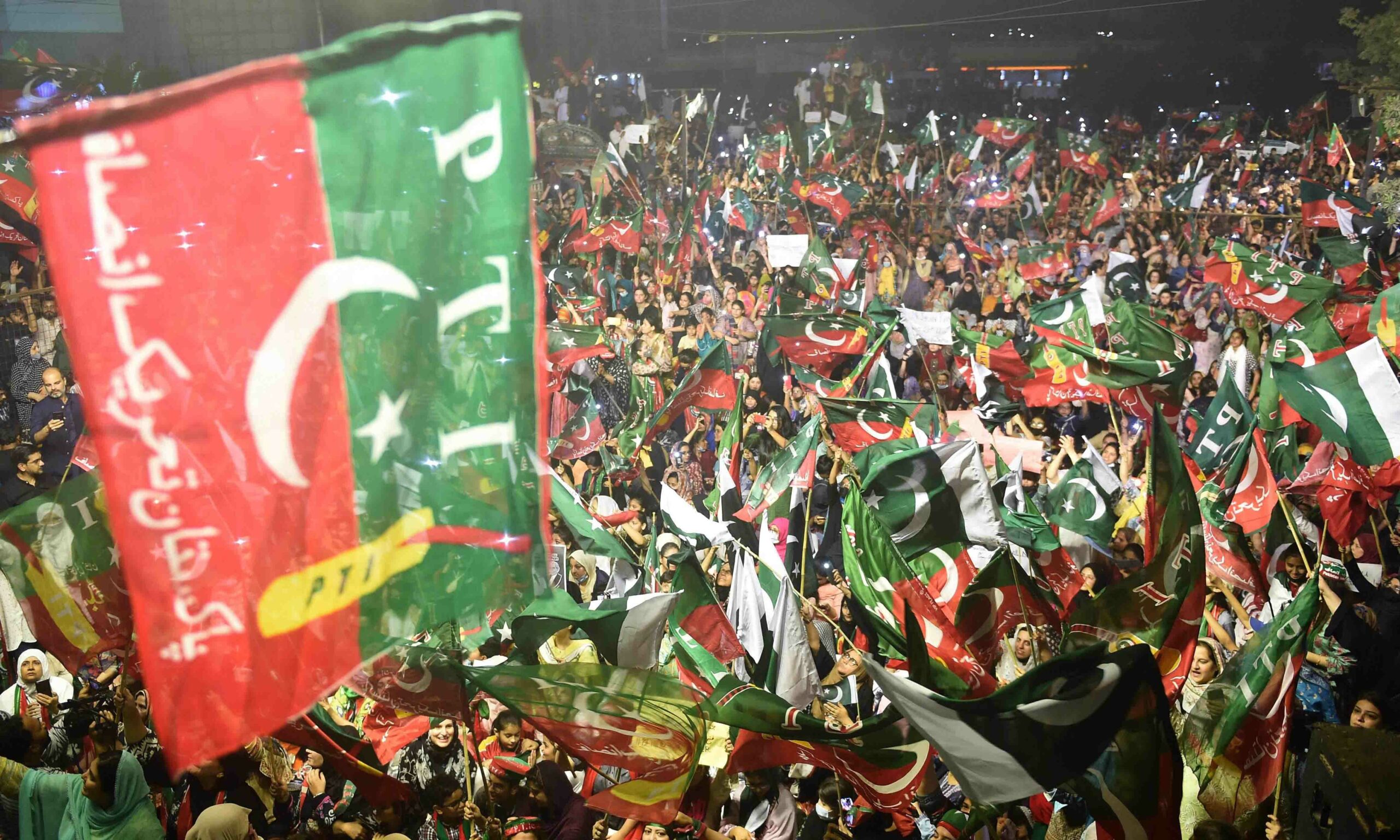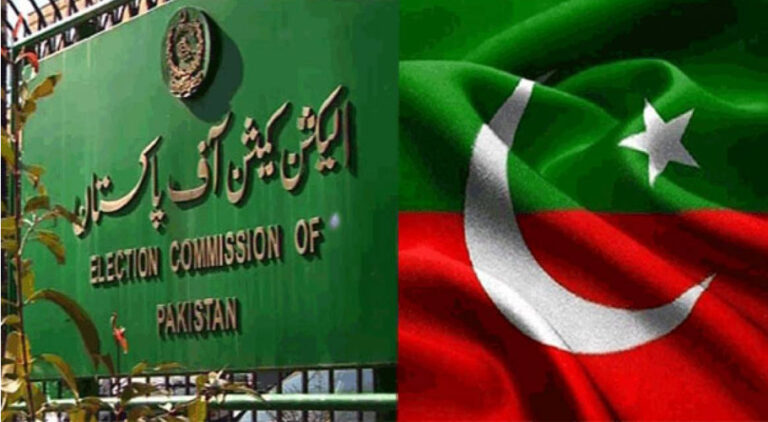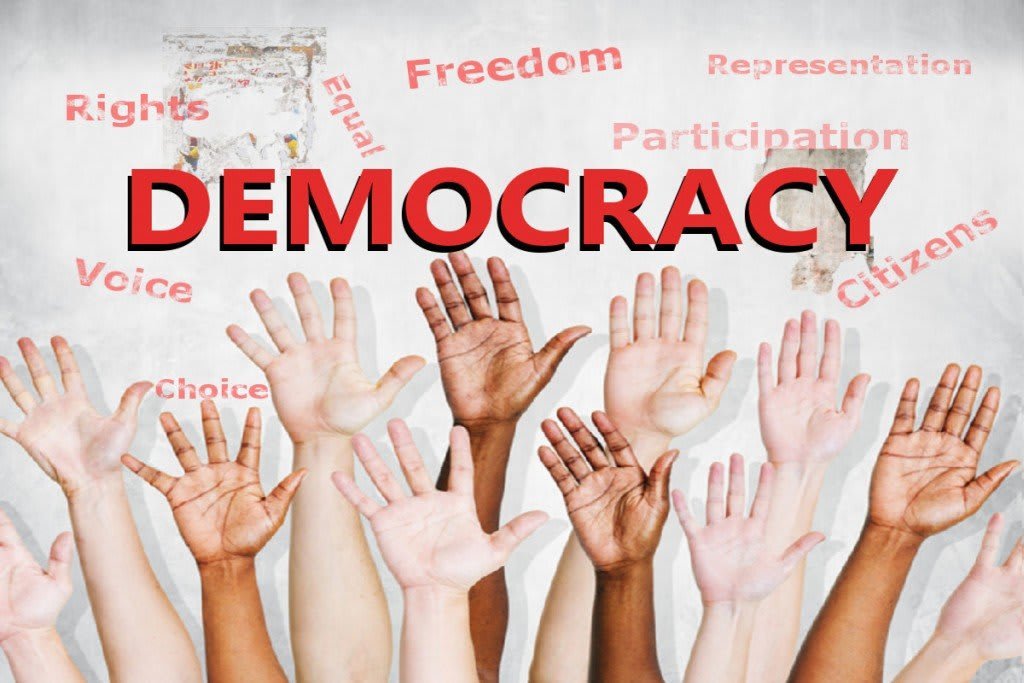Amna Yousaf
India’s persistent efforts to isolate Pakistan on the international stage—especially through multilateral platforms—have once again encountered resistance, reflecting growing discomfort among global and regional players over New Delhi’s politicization of shared institutions. The latest incident unfolded at the recently concluded Defence Ministers’ Meeting of the Shanghai Cooperation Organisation (SCO) in Qingdao, China. India attempted to insert language targeting Pakistan in the forum’s joint statement, linking Islamabad to the recent Pahalgam terrorist attack in India-held Kashmir. However, the attempt failed, and no joint communiqué was issued—an outcome that underscores both the limits of India’s narrative and the pitfalls of turning multilateralism into a tool for bilateral score-settling.
Indian Defence Minister Rajnath Singh, without naming Pakistan directly, alluded to “some countries using cross-border terrorism as an instrument of policy.” The Indian Ministry of External Affairs later complained that concerns on terrorism were omitted from the final statement due to the objections of “one particular country”—an obvious reference to Pakistan. China, playing the host and a key SCO stakeholder, downplayed the dispute. However, the absence of a joint declaration suggests deeper fractures and reflects the growing unease with India’s use of regional platforms to push an antagonistic agenda.
This is not an isolated case. India has developed a consistent pattern of exploiting multilateral forums to advance its diplomatic confrontation with Pakistan. For instance, during the recent Iran-Israel military tensions, India conspicuously distanced itself from a collective SCO statement condemning Israel’s aggression—a move that puzzled many observers, given that Iran is a full member of the SCO. India’s selective engagement on multilateral matters, where national interests override collective principles, weakens these institutions’ coherence and credibility.
The South Asian Association for Regional Cooperation (SAARC) has arguably suffered most from India’s approach. The last SAARC summit was held in Kathmandu in 2014. The 2016 summit scheduled in Islamabad was derailed after India’s refusal to attend, leading other member states to follow suit. As a result, SAARC has remained inactive ever since. India’s hardline stance has effectively paralyzed the only pan-South Asian platform dedicated to regional cooperation, trade, and connectivity.
This behaviour raises fundamental concerns about India’s strategic posture in the region. Multilateral institutions like SCO and SAARC are designed not merely to manage conflict, but to transcend it—offering avenues for economic integration, cultural exchange, and cooperative security frameworks. When member states, especially major ones, attempt to weaponize these platforms for their nationalistic ambitions, it disrupts the spirit of regionalism and undermines mutual trust.
India’s approach appears driven by two objectives: to portray Pakistan as a state sponsor of terrorism in every possible international setting, and to prevent Islamabad from gaining any diplomatic traction or leadership within regional alliances. However, the effectiveness of this strategy is increasingly being questioned. The global narrative on Pakistan is not as one-dimensional as New Delhi would prefer. Pakistan’s counterterrorism efforts, resilience in climate crises, and pivotal geographical role in trans-regional connectivity (such as through CPEC and the Belt and Road Initiative) are being acknowledged, especially by China, Central Asian states, and even some in the West.
Moreover, India’s diplomatic inflexibility is starting to alienate potential regional partners. Multilateral diplomacy, by design, requires compromise, dialogue, and mutual respect. India’s insistence on using these forums for unilateral blame games not only weakens its own standing but also obstructs the broader goal of regional peace and cooperation. In contrast, Pakistan has repeatedly called for dialogue and the peaceful resolution of outstanding disputes—including Kashmir—through bilateral talks or third-party mediation. Unfortunately, these overtures have been met with disdain and rhetorical hostility from the current Indian leadership.
The consequences are far-reaching. Regional integration in South Asia remains one of the lowest in the world, largely due to the ongoing India-Pakistan standoff. Trade remains restricted, cross-border people-to-people exchanges are minimal, and trust deficits run deep. Instead of building bridges, India’s actions—whether by blocking SAARC, disrupting SCO consensus, or deflecting attention from genuine regional issues—create diplomatic bottlenecks that stall collective progress.
India, as the region’s largest economy and population centre, carries a greater responsibility to lead with maturity. Great powers are not defined solely by economic or military might, but by their ability to create coalitions, resolve disputes, and foster regional harmony. By seeking to corner Pakistan on every occasion, India is not only misreading the global mood but also jeopardizing the potential of South Asia to emerge as a cohesive, collaborative region in an increasingly polarized world.
If multilateral organizations like SCO or even SAARC are to remain relevant, member states must recommit to their foundational principles: inclusivity, dialogue, and peaceful coexistence. Weaponizing these platforms for political vendettas only serves to diminish their impact and relevance.
The path forward must include sincere efforts from both sides to de-escalate tensions and open avenues for meaningful engagement. Pakistan has expressed its readiness for dialogue on all issues. It is now up to India to respond with statesmanship rather than stubbornness. Until then, regional cooperation will remain hostage to bilateral animosities—denying over a billion South Asians the peace and prosperity they deserve.

















